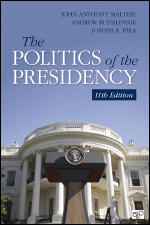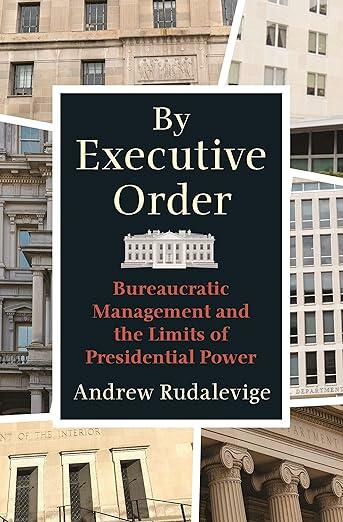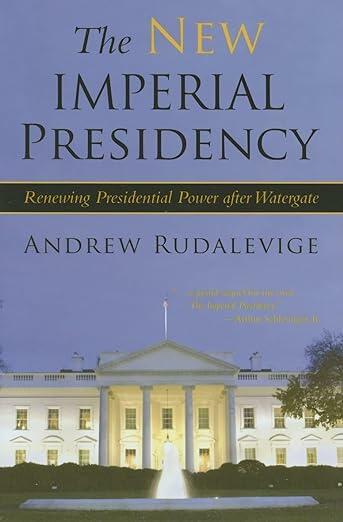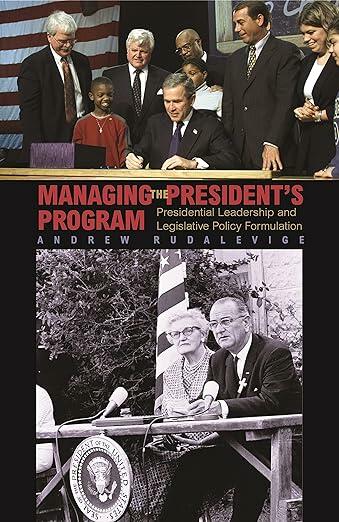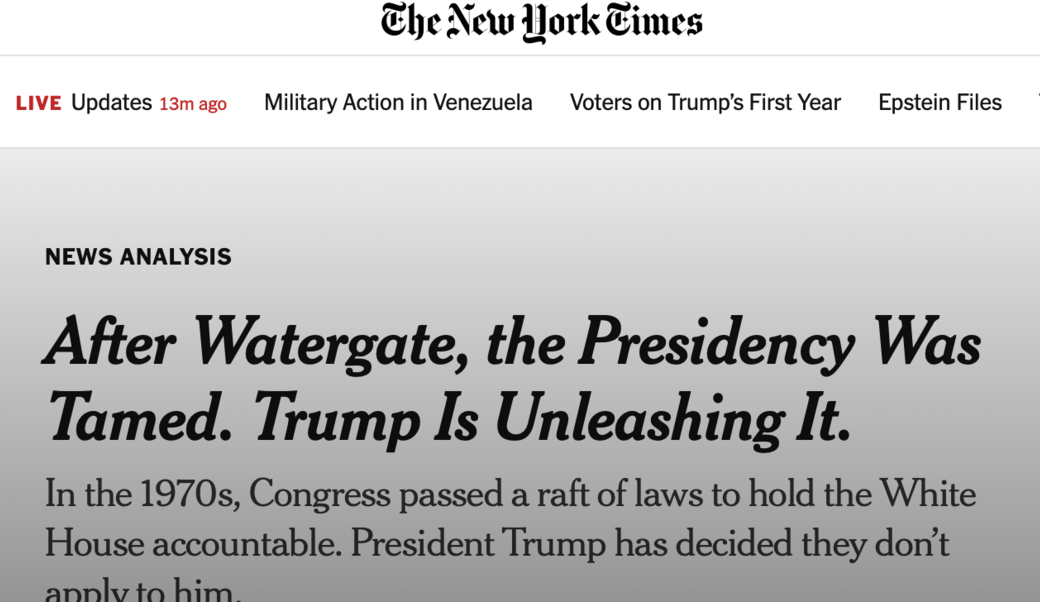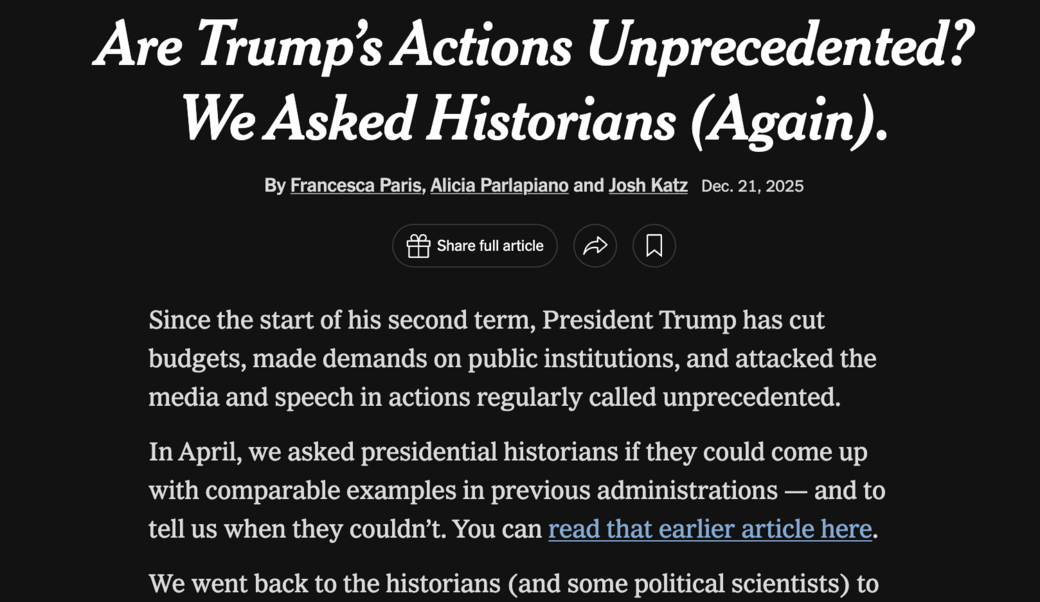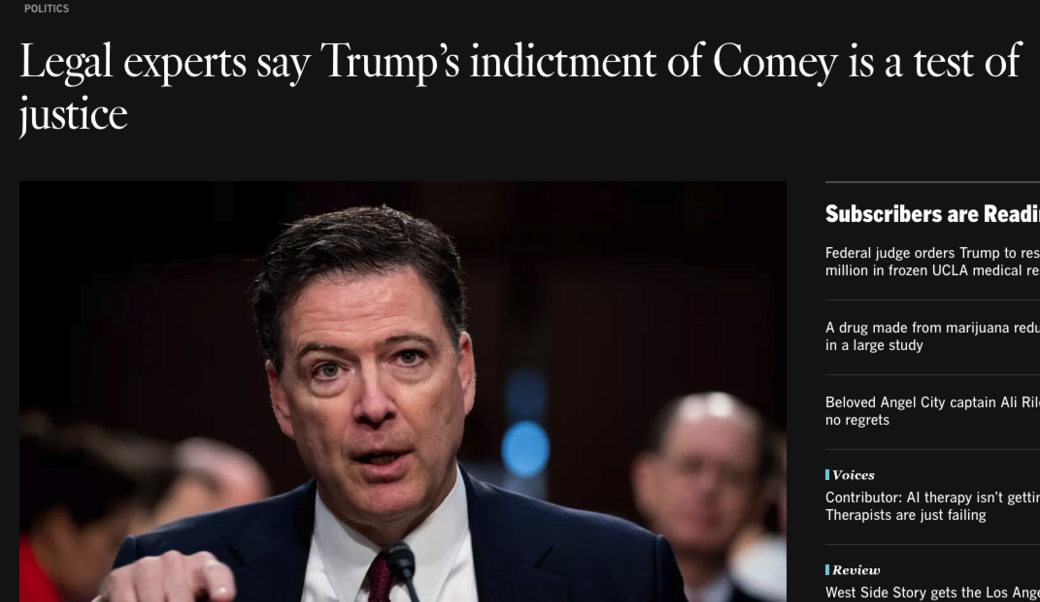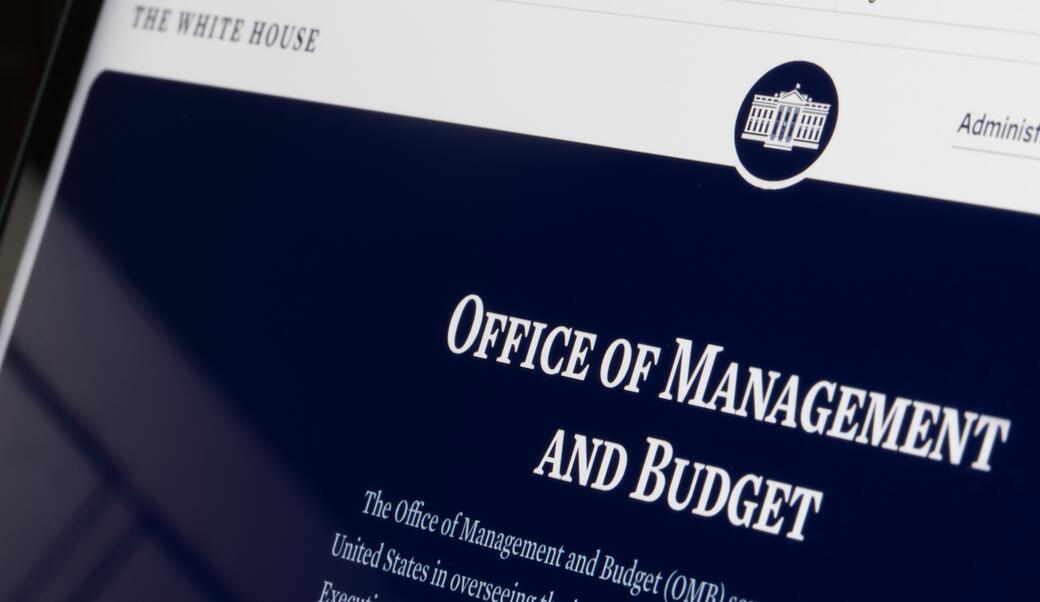Fast Facts
- Past president, American Political Science Association’s Presidents and Executive Politics section
- Elected fellow, National Academy of Public Administration
- His books have twice won the Richard E. Neustadt Prize from the American Political Science Association honoring the best book on the presidency
- Expertise on the presidency, public administration, presidential power, interbranch relations
Areas Of Expertise
- Governance
- Founding and Shaping of the Nation
- Leadership
- Politics
- The Presidency
Andrew Rudalevige (Rude-ah-LEV-itch) is the Thomas Brackett Reed Professor of Government at Bowdoin College and an affiliate of the Centre on United States Politics at University College London. A graduate of the University of Chicago and Harvard University, he has also held positions at the London School of Economics and Political Science, Princeton University, the University of East Anglia, Dickinson College, and Sciences-Po Lyon. He is past president of the American Political Science Association’s Presidents and Executive Politics section and an elected fellow of the National Academy of Public Administration.
Rudalevige has written extensively on questions of presidential power and interbranch relations for both academic and popular audiences. The New Imperial Presidency (University of Michigan Press, 2006) examined the post-Watergate growth of executive authority, not least in the global war on terror, and was described by Arthur Schlesinger, Jr., as "a grand sequel for my own The Imperial Presidency." Other books include By Executive Order: Bureaucratic Management and the Limits of Presidential Power (Princeton University Press, 2021), which won the Richard E. Neustadt Prize from the American Political Science Association honoring the best book on the presidency as well as the Louis Brownlow Prize as best book in public administration from the National Academy of Public Administration; Managing the President's Program: Presidential Leadership and Legislative Policy Formulation (Princeton University Press, 2002), which also won the Neustadt Prize; the co-authored textbook The Politics of the Presidency (11th ed., CQ/Sage, 2024); and edited volumes on the Bush, Obama, and Trump presidencies.
His assessment of ongoing political events and their relation to political science research features regularly on various media outlets, including the Washington Post's Monkey Cage blog and its successor site, Good Authority. In a past life he worked in state and local politics in his home state of Massachusetts.
Andrew Rudalevige News Feed
Andrew Rudalevige
